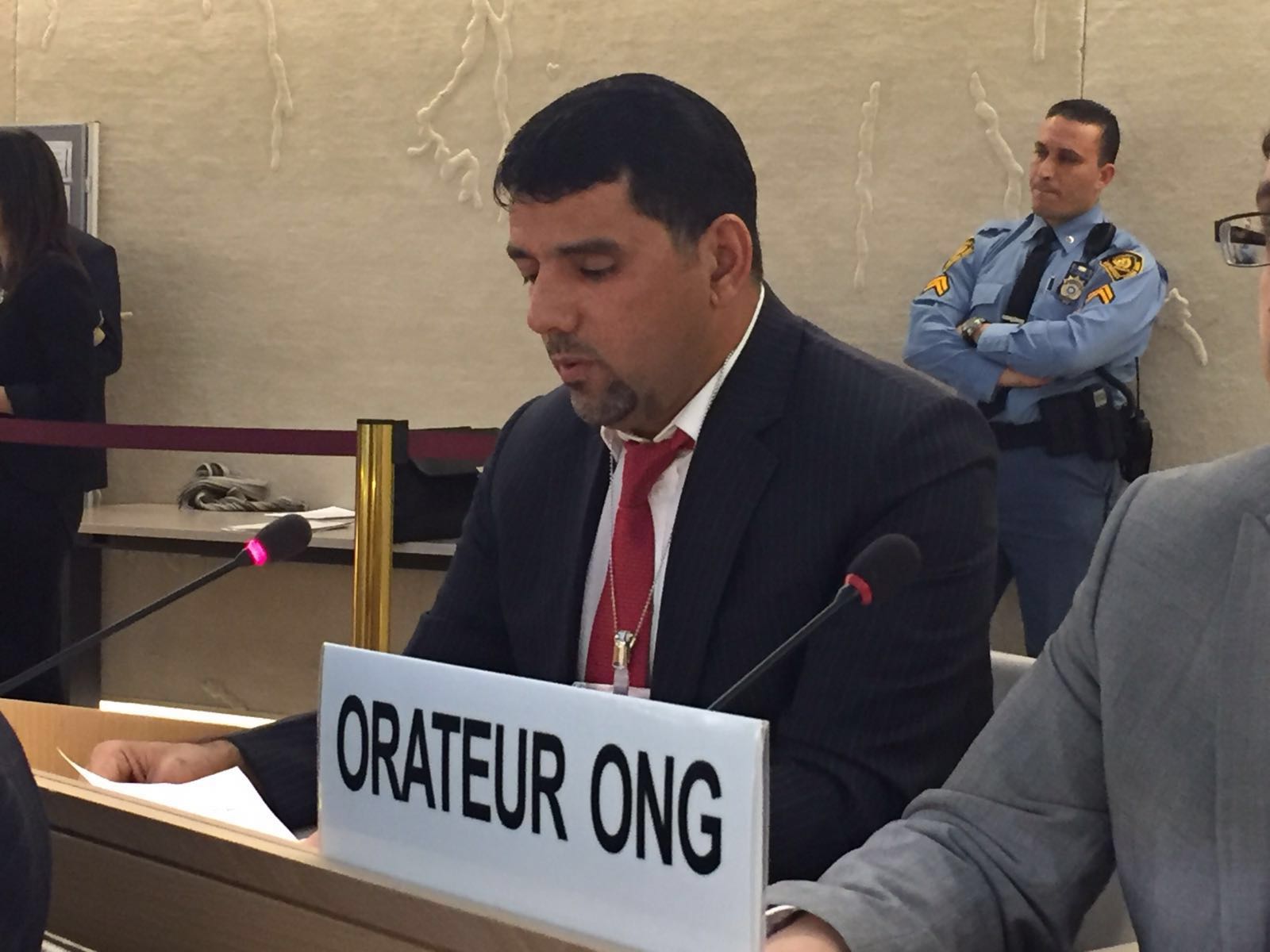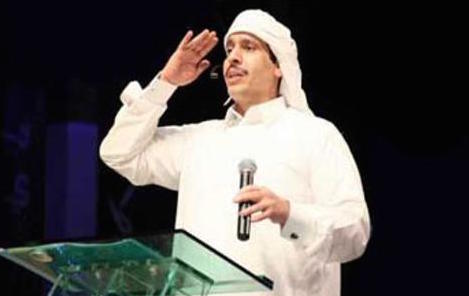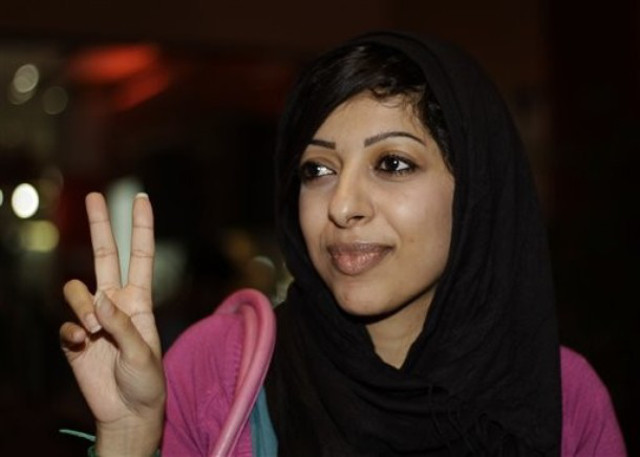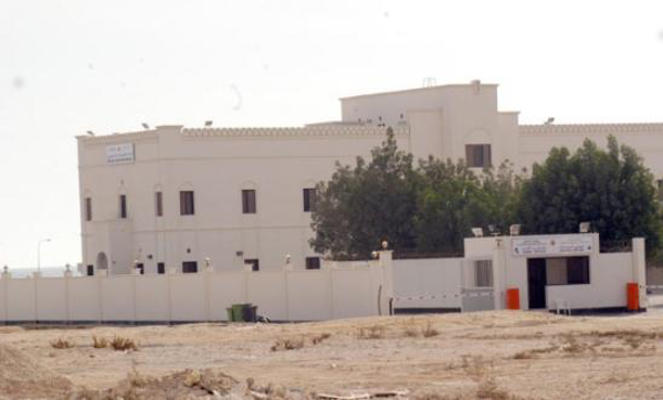On March 16, 2016, at the 31st session of the Human Rights Council, Yousif Baddah, on behalf of ADHRB, BIRD, and BCHR delivered an Item 5 General Debate oral intervention in which he spoke about extrajudicial killings in Bahrain. Please continue reading for his full remarks, or click here to read a PDF of his intervention.[…]
16 March 2016 – Americans for Democracy & Human Rights in Bahrain (ADHRB) welcomes the announcement that Qatar’s emir, Tamim bin Hamad al-Thani, has issued a royal pardon for imprisoned poet Mohammed al-Ajami. The detention of Mr. al-Ajami on charges related solely to the contents of his poetry was a glaring example of Qatar’s failure[…]
14 March 2016 – Bahraini security forces today raided the house of human rights activist Zainab al-Khawaja and arrested her with her 15 months old son. The undersigned NGOs condemn in the strongest terms the arrest of Zainab and her son over charges merely related to her activism and exercise of free expression. On 14[…]
Since the Bahraini government’s violent suppression of the 2011 pro-democracy movement, Americans for Democracy & Human Rights in Bahrain (ADHRB), the Bahrain Institute for Rights and Democracy (BIRD), the Bahrain Centre for Human Rights (BCHR), the European Centre for Democracy and Human Rights (ECDHR), and the Justice Human Rights Organization (JHRO) have documented hundreds of[…]
Professor of migration, human rights and ethics at the Qatar Faculty of Islamic Studies’ (QFIS) Research Center for Islamic Legislation and Ethics, Rajai Jureidini, has urged employers to provide migrant workers with actual meals rather than monetary food allowances. Given Qatar’s high cost of living, the monthly stipend many workers currently receive is not sufficient[…]








